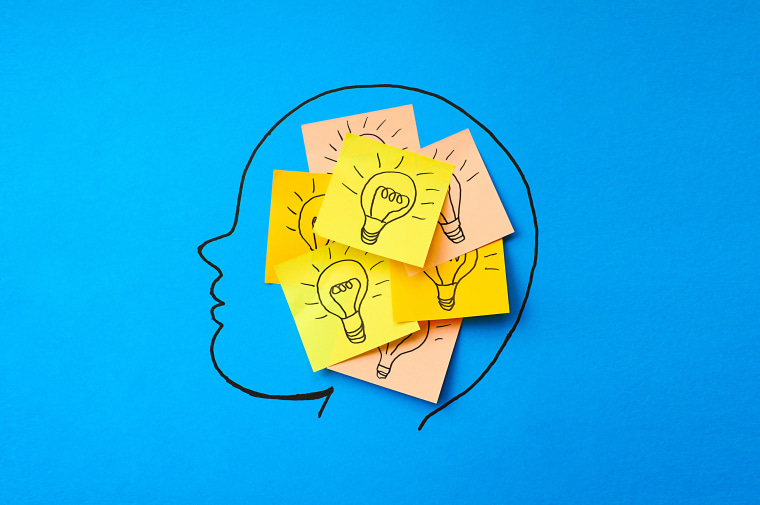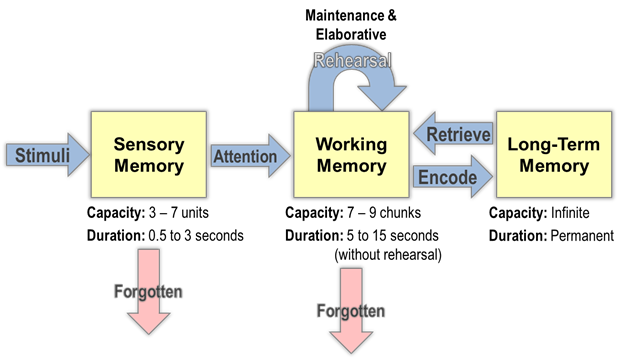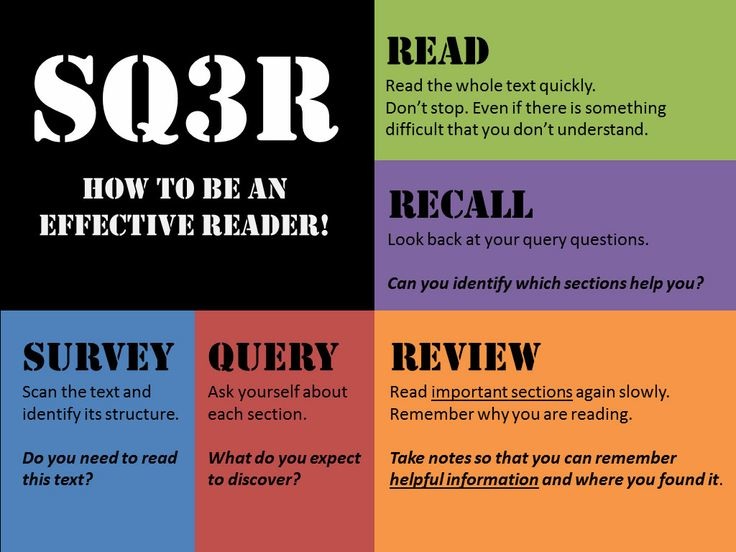Topic 5:Memory,Learning & Improving Concentration
Topic 5: Memory, Learning & Improving Concentration

WHAT IS MEMORY?
-From this activity, I could identify my memory strategies whether they are good or not. After I add up all of my points from this activity, I got a quite good point which is 7 so the score indicates that I already using many good memory strategies.

-If one PAY ATTENTION to the stimuli, it will go to the short-term memory (STM).If one does not pay attention, then the information will be lost.
-The information must be REHEARSED/REPEATED or use SOME ACTIVE LEARNING strategies in order to get information to LTM, otherwise, the information will be forgotten.
-From STM, information moved to LTM and stored here for later use. If the information is not being used for some time, forgetting may occur.



WHAT IS MEMORY?
- The ability to remember past experiences and the power or process of recalling to mind previously learned facts, experiences, impressions, skills, and habits.
-From this activity, I could identify my memory strategies whether they are good or not. After I add up all of my points from this activity, I got a quite good point which is 7 so the score indicates that I already using many good memory strategies.

UNDERSTANDING MEMORY PROCESS
1) SENSORY MEMORY
-Numerous incoming information from 5 senses will be stored in the sensory memory for an instant.
-If one PAY ATTENTION to the stimuli, it will go to the short-term memory (STM).If one does not pay attention, then the information will be lost.
2) SHORT-TERM MEMORY (STM)
-Very limited storage.
-The information must be REHEARSED/REPEATED or use SOME ACTIVE LEARNING strategies in order to get information to LTM, otherwise, the information will be forgotten.
3)LONG-TERM MEMORY (LTM)
-Unlimited and large storage.
-From STM, information moved to LTM and stored here for later use. If the information is not being used for some time, forgetting may occur.

MEMORY STRATEGIES
Memory test
-For this activity, I have to remember what I see in 15 seconds!
I also have to write down the number on the activity sheet as much as that I can recall. So only 6 numbers I can remember and the rest I leave it blank.
Memory strategies, WHY IT IS IMPORTANT?
Memory test
-For this activity, I have to remember what I see in 15 seconds!
I also have to write down the number on the activity sheet as much as that I can recall. So only 6 numbers I can remember and the rest I leave it blank.
- Memory strategies will help students in their encoding, storing, and retrieving the information (helps to remember and recall.
HOW FORGETTING COULD OCCUR?
- Did not pay attention to the information
- Did not understand the information
- Cramming (last-minute study)
- Did not have good strategies
- Interference(having 2 exams on the same day especially if the subjects are closely related for example psychology and counseling)
- Test anxiety (negative thoughts about oneself, did not prepare well for the test)
HOW TO IMPROVE YOUR MEMORY?
GENERAL MEMORY STRATEGIES
1.Spaced Practice
-Research studies have shown that you'll retain more information if you study for eight hours over four days (spaced practice) instead of eight hours at one time (massed practice)
-Massed practice, like cramming, involves studying all the material at one time.
-Research studies have shown that you'll retain more information if you study for eight hours over four days (spaced practice) instead of eight hours at one time (massed practice)
-Massed practice, like cramming, involves studying all the material at one time.
-Spaced practice, on the other hand, involves spacing your study time over a longer period, with breaks between practice sessions.
2.Break Tasks Down
-Instead of trying to learn all of the material for your exam at one time (cramming), study only one or two chapters (and the accompanying lecture material)each day.
-When you study small chunks of material at one time, you can do a better job of getting it into LTM.
3.Repetition
-If you continue to practice that same material over a period of days, you'll be able to strengthen and maintain your memory of it.
-Strengthen your LTM.
4.Overlearning
-Overlearning is an important strategy for test preparation.
-Overlearning is an important strategy for test preparation.
-Overlearning involves continuing to work on the material even after it's learned - after it's stored in LTM.
-This practice is very helpful in improving your memory. Each time you review the material, you reduce forgetting and strengthen the path to your LTM.
-This practice is very helpful in improving your memory. Each time you review the material, you reduce forgetting and strengthen the path to your LTM.
SPECIFIC MEMORY STRATEGIES
1.Rehearsal Strategies
-Rehearsal strategies involve practicing the material until it is learned.
-Low-Level Rehearsal Strategies-Reading over the material a few times, saying it over and over again, or even copying it several times.
-Low-Level Rehearsal Strategies-Reading over the material a few times, saying it over and over again, or even copying it several times.
-High-level Rehearsal Strategies-Outlining, predicting questions, and creating charts and concept maps involve elaborative rehearsal.
2.Elaboration Strategies
-Associations To associate, or "connect" each word or event with a person, place, thing, feeling, or situation,(e.g spell dessert - has lots of sugar, so it has two s's/ backward spelled stressed)
-Acronyms/catchwords (e.g. IPOS - Information processing cycle for a computer)
-Acrostics/catchphrase (e.g. MJKHBIU - rainbow colors - Mat Jenin Kena...)
-Imagery - Visualize the image of the information needed to.
-Associations To associate, or "connect" each word or event with a person, place, thing, feeling, or situation,(e.g spell dessert - has lots of sugar, so it has two s's/ backward spelled stressed)
-Acronyms/catchwords (e.g. IPOS - Information processing cycle for a computer)
-Acrostics/catchphrase (e.g. MJKHBIU - rainbow colors - Mat Jenin Kena...)
-Imagery - Visualize the image of the information needed to.
-Organizational strategies Tasks such as listing, ordering, grouping, outlining, mapping, charting, and diagramming are all examples of organization strategies.
-Comprehension monitoring strategies (e.g take self-test, group discussion)
-Comprehension monitoring strategies (e.g take self-test, group discussion)
UNDERSTANDING CONCENTRATION
- Concentration strategies level
CONCENTRATION
-focusing your attention on what you are doing
.
CAUSES OF POOR CONCENTRATION
1.Lack of attention
2.Lack of interest
3.Lack of motivation
4.Distraction from others
5.Uncomfortable environment
6.Physiological matters - illness, tiredness
7.Psychological matters - personal problems, worries, anxieties
2.Lack of interest
3.Lack of motivation
4.Distraction from others
5.Uncomfortable environment
6.Physiological matters - illness, tiredness
7.Psychological matters - personal problems, worries, anxieties
- STRATEGIES FOR IMPROVING CONCENTRATION
1. Use motivational and organizational strategies-create interest in the work, develop a positive attitude toward your work, use goal-setting strategies, use time-management strategies
2.Create a positive learning environment-find a better location, reduce multitasking, minimize distractions
3.Deal with internal distractions-deal with personal problems and competing activities
4. Use active learning strategies
5.Match your learning style to the task
6.Monitor your concentration
READING/ STUDY SYSTEM (SQ3R)
- SQ3R







Comments
Post a Comment